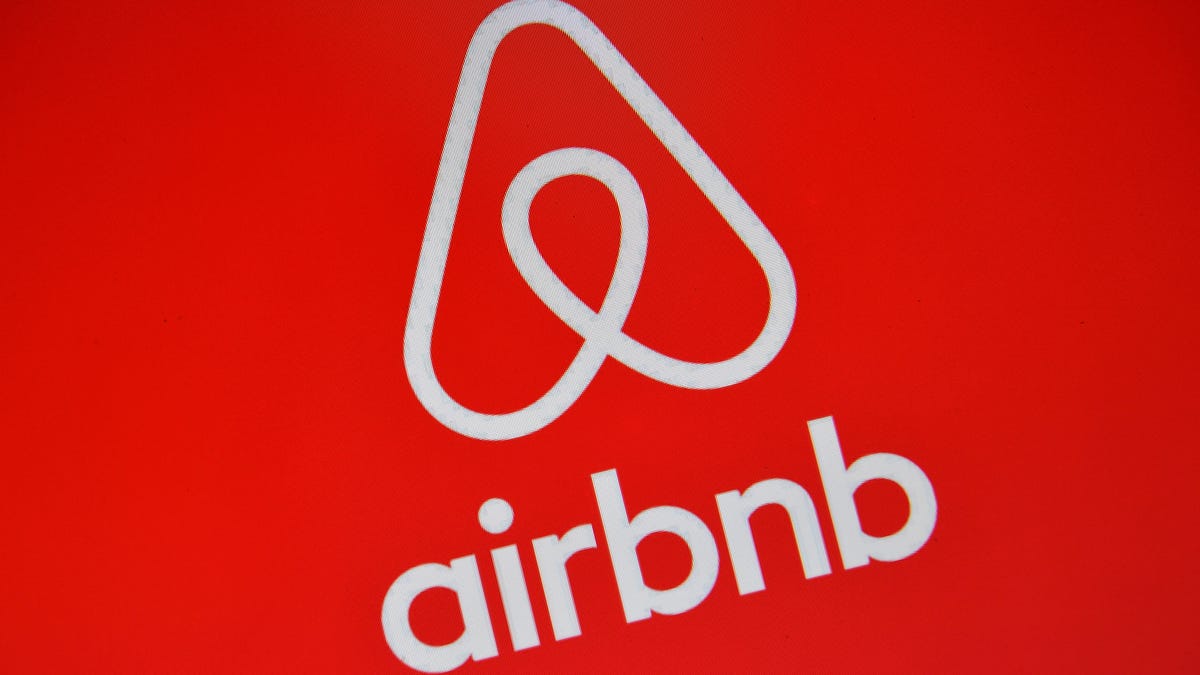San Francisco limits Airbnb rentals to 60 days a year
The city's Board of Supervisors comes down hard on the home-rental site, curbing the amount of days people can rent out their home.

San Francisco has put the squeeze on Airbnb .
The city's Board of Supervisors ruled late Tuesday night that hosts can rent out their houses and apartments on the home-rental marketplace for only 60 days per calendar year. This legislation comes after years of haggling between the city and Airbnb.
This 6-2 decision could have major repercussions for Airbnb. The home-rental company, which now has more than 2 million listings in nearly 200 countries, is waging battles with lawmakers around the world. Officials in other cities are looking to San Francisco to set an example of how best to regulate the eight-year-old startup -- this ruling could have a ripple effect.
"We are disappointed on behalf of the thousands of middle class San Franciscans who would be harmed by this arbitrary proposal that does nothing to fix the broken registration system," an Airbnb spokesman said in an email.
San Francisco was one of the first cities in the world to make short-term rentals legal. In October 2014, the city passed a law that let people rent rooms or their entire home for up to 90 days per calendar year when they weren't around. Hosts present during home-stays were allowed to lease rooms year-round. Tuesday's ruling means that all rentals will now be capped at 60 days per year. San Francisco Mayor Ed Lee has the option of vetoing the legislation, however.
When the "Airbnb law" was first passed it also required all Airbnb hosts to sign up on a city registry, collect transient occupancy taxes and carry liability insurance. Since then, several amendments have been introduced to tighten the law.
One such amendment requires short-term rental companies, like Airbnb and VRBO, to remove listings from their websites that aren't registered with the city. Failure to remove such listings could open up the companies to thousands of dollars in fines and criminal charges.
Airbnb sued the city of San Francisco in June, saying that amendment violates federal laws. Last week, however, US District Judge James Donato ruled in favor of San Francisco and rejected the company's plea to change the law.
Airbnb has since tried to make nice. The company said Monday that it's ready to cooperate with San Francisco and police its hosts, according to the San Francisco Chronicle. As part of this agreement, Airbnb said it would hand over all of its hosts' names, addresses and guest says in the city. Once this happens, the city says it will be easier to enforce the law.
Critics have accused Airbnb of contributing to the housing crunch, with landlords taking rental units off the market to capitalize on short-term rentals. More than 75 percent of the 7,000 Airbnb hosts in San Francisco are not registered, as required, and continue to be listed on the site, San Francisco Supervisor David Campos said in June.
For its part, Airbnb started to address the city's concerns of scofflaw hosts earlier this year. In April, the company said it was investigating hosts in San Francisco with multiple listings and was booting "unwelcome commercial operators." Since then, the site has pulled down 213 entire-home listings and removed 525 so-called hacker hostels. The company also said last month that it was automating its site to ensure hosts only list one property.
"We remain ready and willing to work with all parties to build a simple registration system that protects housing and enables residents to share their homes without endless red tape," the Airbnb spokesman said.

